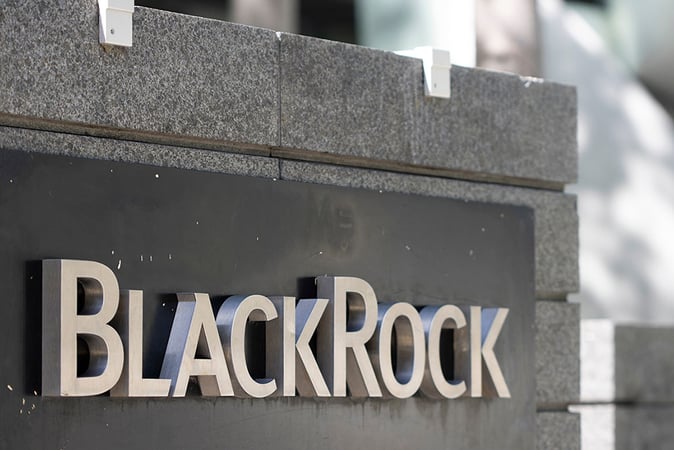In a major move towards successfully regulating digital assets in the country, Russian President Vladimir Putin has signed a law that creates a new legal framework for taxing Bitcoin mining and transactions, recognizing them as property and setting the stage for formal taxation.
Russia’s New Bitcoin And Crypto Tax Law
According to local media reports, digital currencies, including Bitcoin, will be classified as property under the new law. This classification extends to currencies utilized for foreign trade settlements within the Experimental Legal Regime (EPR) framework in digital innovation.
Notably, the law stipulates that mining and selling digital currencies will be exempt from value-added tax (VAT), which could incentivize further investment and participation in the crypto market.
One of the law’s key provisions requires mining infrastructure operators to report to tax authorities regarding the users of their services for cryptocurrency issuance. Failure to provide this information promptly could result in a fine of 40,000 rubles ($380).
Regarding income tax implications, cryptocurrency obtained through mining will be categorized as “in-kind income,” a term typically used to describe non-cash payments made in the form of goods or services.
The value of the mined cryptocurrency will be determined based on prevailing market quotes. This income will be subject to a progressive tax scale, allowing for deductions related to mining expenses.
25% Tax Rate Starting In 2025
The law also outlines a two-tier taxation system for income generated from the acquisition, sale, or other forms of cryptocurrency circulation.
Income up to 2.4 million rubles ($22,600) will be taxed at a rate of 13%, while any income exceeding this threshold will incur a 15% tax. These earnings will be included in the same tax base as income from securities, bank deposits, and other financial sources.
For corporations engaged in Bitcoin mining, a standard income tax rate of 25% will be applied starting in 2025. However, the legislation limits the tax regimes available to organizations and individual entrepreneurs (IPs) involved in cryptocurrency activities.
Specifically, these entities will not be permitted to adopt a single agricultural tax, utilize a simplified taxation system, or benefit from the “Automated Simplified Taxation System.” The patent system and self-employed regime will also not apply to Bitcoin mining and transactions.
The law is set to take effect upon official publication, with certain provisions subject to different timelines. Transitional provisions have also been included to facilitate the implementation of these regulations.
At the time of writing, the leading crypto is trading at $98,500 after a brief 7% correction earlier this week, inching closer to its all-time high of $99,500.
Featured image from DALL-E, chart from TradingView.com














